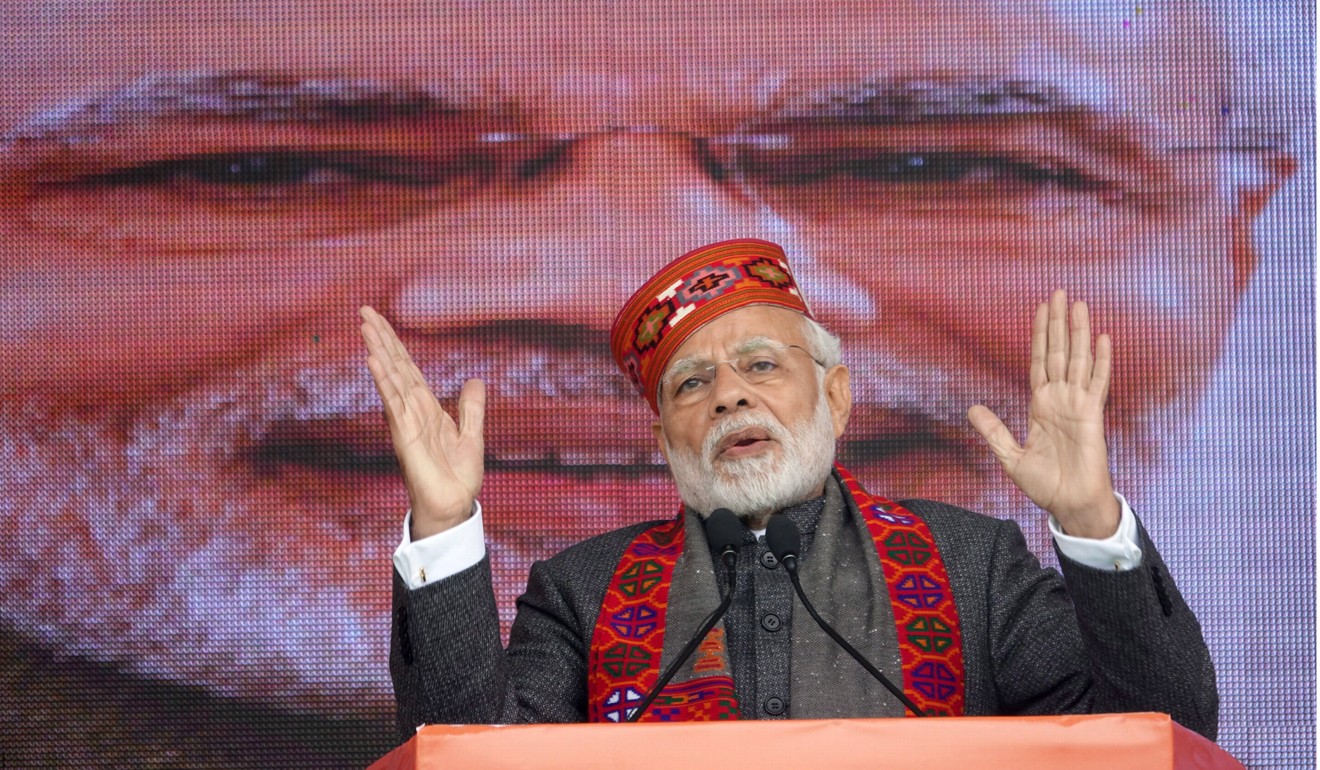
Modi mocked for ‘manufactured’ New Year’s Day interview with India press agency
- PM has not held a press conference since being elected in 2014 and the encounter was likened to the leader quizzing himself
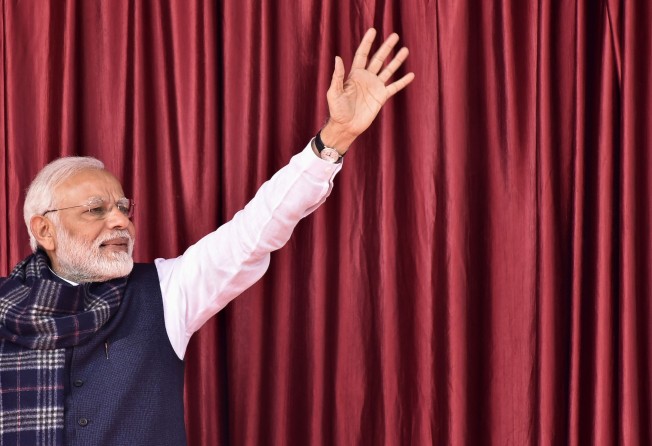
India’s prime minister, Narendra Modi, has been accused of being afraid of the media, after consenting to a rare interview – just one of a handful in four years as PM – on New Year’s Day in which he answered a range of questions that critics compared to “free-hit deliveries” in cricket.
The interview, to news agency Asian News International or ANI, attracted widespread comment and a fair amount of ridicule. Some journalists called it “manufactured”, “scripted” and a “monologue”.

The Congress party called it “fixed”. One MP said the questions put to Modi “were more in the nature of feeding rather than grilling the prime minister”. A cartoon showed Modi interviewing himself.
The Indian media have been fretting about lack of access to Modi ever since he assumed office in 2014.
He has not held a single press conference. The handful of interviews have been mostly set pieces in which the interviewer has failed to put difficult questions or challenged Modi on his answers.
While Modi has never made any secret of his disdain for the press, other members of his Bharatiya Janata Party have compounded the testy relationship with the press by variously abusing journalists as “presstitutes”, “dalals” (pimps) or “bazaru” (for sale).
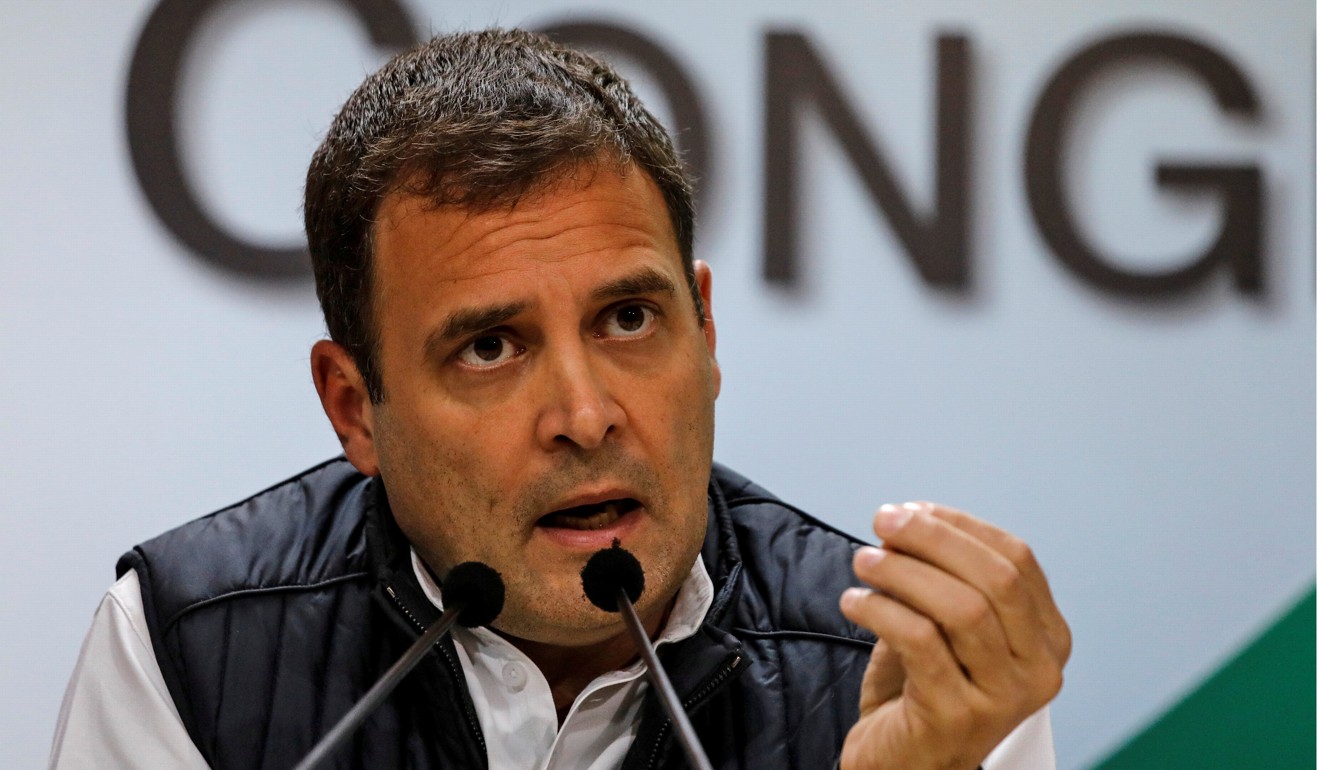
But the latest interview has attracted criticism beyond media circles with the opposition leader, Rahul Gandhi, joining the fray.
Gandhi questioned Modi’s refusal to subject himself to random questioning, pointing out how he, by contrast, is more accessible and willing to take difficult and impromptu questions.
Gandhi called the ANI interview staged, and the interviewer “pliable”.
“[Modi] does not have the guts to come and sit in front of you,” he said at a press conference.
In fact, some analysts believe Modi gave the interview to ANI precisely because he has been stung by recent criticism for failing to meet the press. Former prime minister Manmohan Singh – who was repeatedly attacked by Modi for not meeting the press – remarked last month that, while he had been dubbed the silent PM by Modi, at least he had never been afraid of speaking to the press.
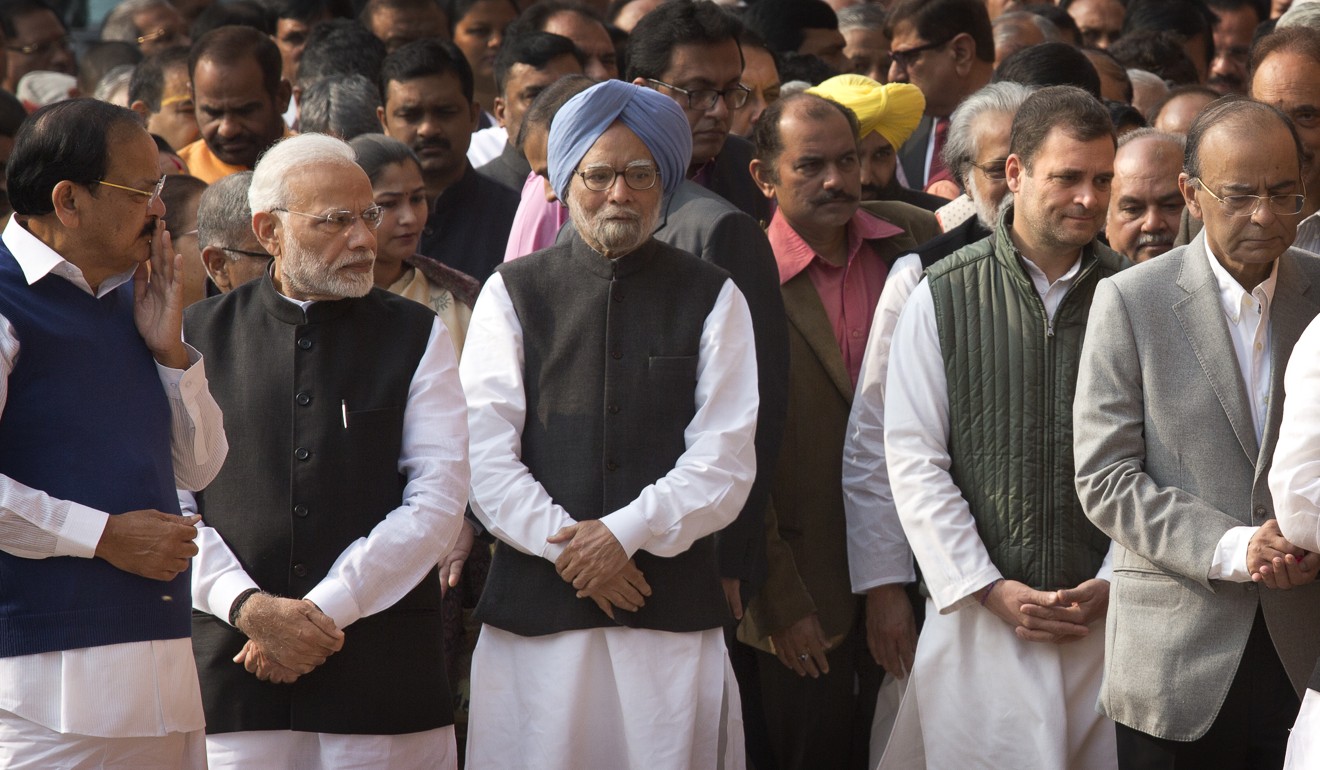
“I met the press regularly and on every foreign trip I undertook, I had a press conference on return,” said Singh.
Journalists have pointed out that while Modi is not the first Indian prime minister to give the media a wide berth, most other prime ministers, including Singh, took journalists with them on overseas visits.
Travelling in the same plane allowed journalists to have unscripted conversations.
Modi travels abroad without any journalists in his entourage. For the media, the inability to question him represents a malfunctioning of democracy.
“His behaviour is typical of strong leaders with mass appeal who are intolerant of the press. Modi believes he has no need to be interrogated, called to account or to answer difficult questions,” said political analyst and author Parsa Venkateshwar Rao Jnr
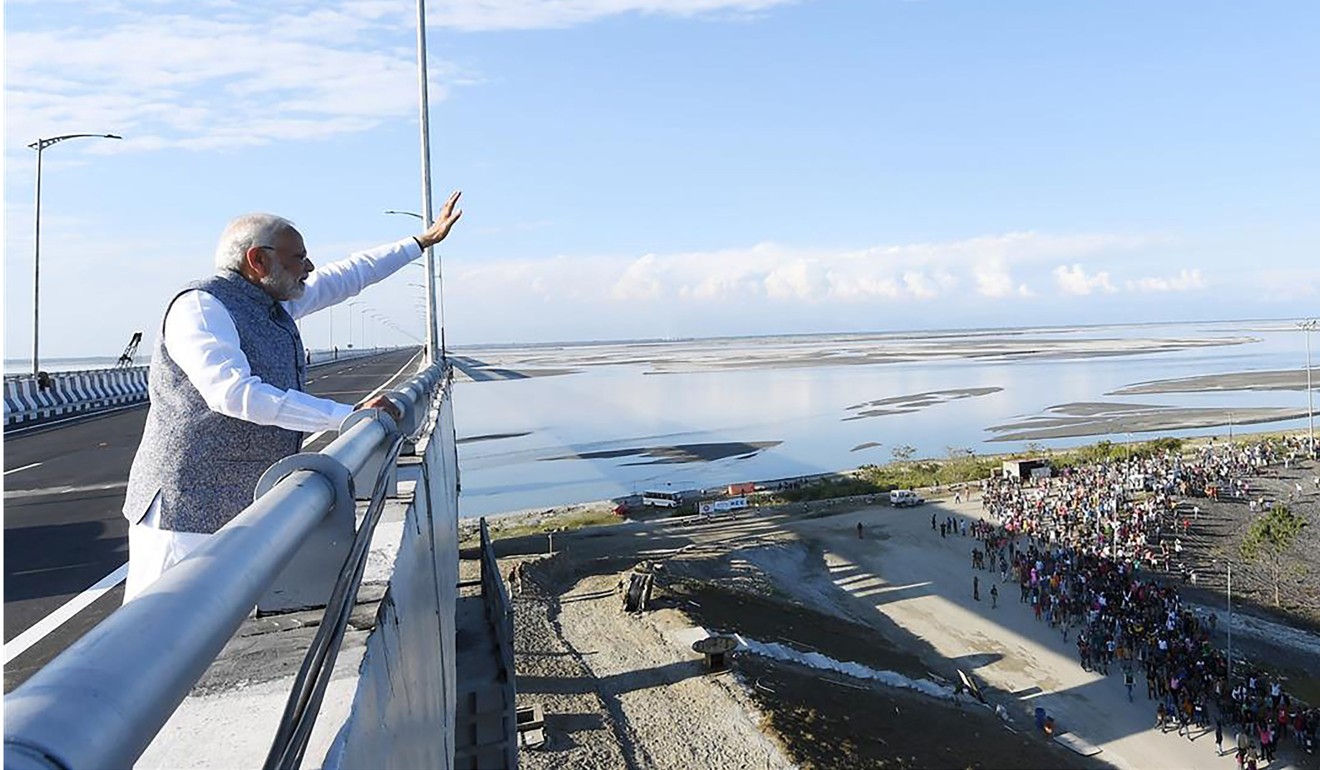
The prime minister’s supporters defend his aversion to the media, arguing that he has more than enough “direct” contact with Indians through rallies and meetings, that he prefers to let his work speak for itself, and that his monthly chats on state-run radio are heard by many more Indians than a mere bunch of journalists at a press conference.
“The problem, however, with all these forms of communication is that they are one-way. In the radio chats, he replies to written questions sent in by the public and the ones chosen are invariably innocuous,” said Rao Jnr